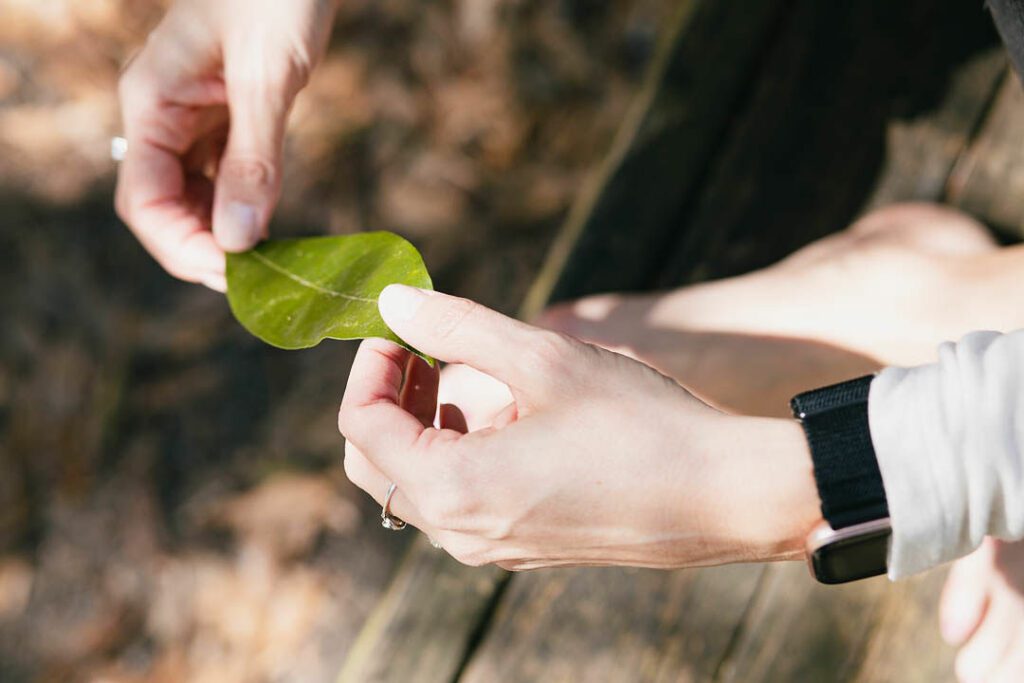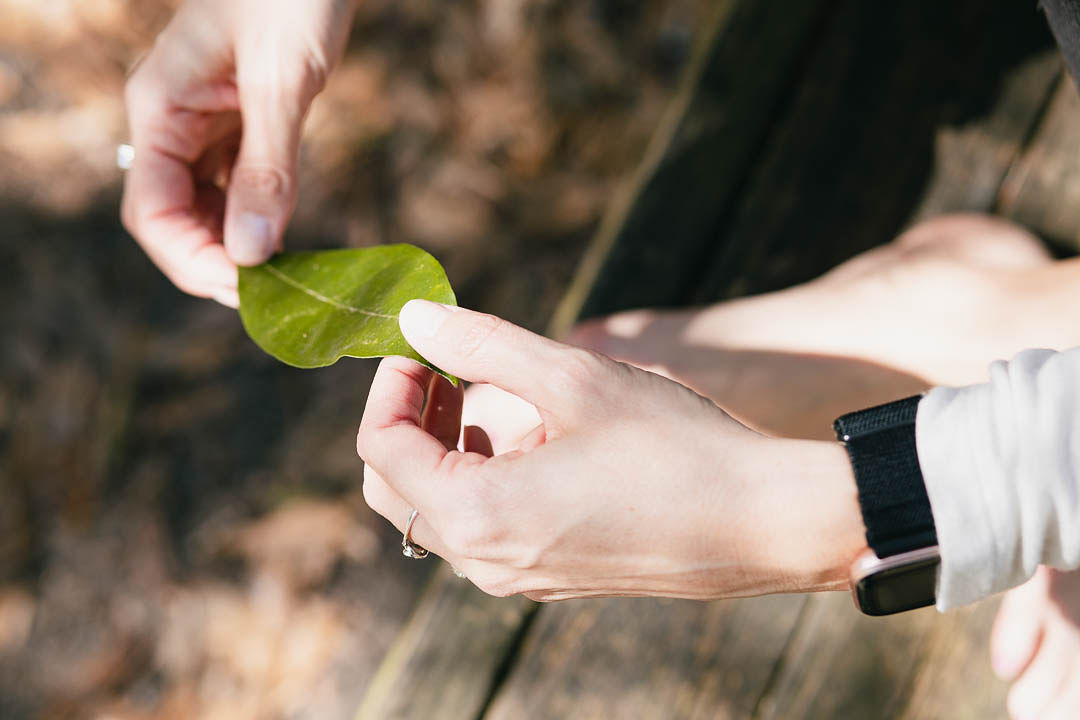By Alex Worth
We have all heard about the benefits of self-care for our mental health. We’ve been encouraged to spend more time away from screens, exercise more, seek out the company of our loved ones, eat nutritious meals, practice mindfulness, and hydrate — the list goes on and on.
Make no mistake, I’m not here to argue otherwise! All of these undertakings have substantial mental health benefits. The difficulty we inevitably run into is finding time in the day to incorporate healthy activities.

What if I told you that tried-and-true self-care practices can come in one handy package? You’re a smart person and you’ve read the blog title, so you know that I’m segueing into talking about *drum roll . . . Plants!
Plants have enormous mental and physical health benefits. A study even found that looking at just a picture of nature for 10 minutes can improve mood for hours afterward. For a more immersive and long-lasting experience, growing houseplants, or planting in your garden can be a continual source of both natural beauty and self-care. Let’s take a look at just a few of the health benefits of interacting with nature.
Mindfulness
In an age where we are often tethered to technology, it can be a real challenge to break away from our screens and carve out the time to resync with our bodies. Working with plants enforces communion with nature by encouraging us to slow down and watch how slowly real change happens, as well as tuning into our own biological needs.
Taking the time to deliberately and methodically check in with our rooted friends is a daily reminder for us to check in with ourselves. Do they need more sunshine? More water? Sometimes I don’t realize how thirsty I am until I see my seedlings sagging! Setting aside a few minutes to fully unplug and nurture our plants reminds us to slow down and reconnect with our own life.
Exercise
Gardening and growing provide a reliable source of exercise. Those bags of potting soil won’t lift themselves! In fact, gardening is the kind of continuous, low-intensity workout that can target multiple parts of your body at the same time. Bending, carrying, lifting, and watering all engage our bodies in different ways. If you’re growing outside, you have the added benefit of fresh air and vitamin D. Gardening encourages us to move our bodies as we engage with nature in ways that are less straining than a rigorous round of cardio.

Community
Working with plants doesn’t have to be a solitary activity unless you want it to be! Connecting with others in nature, especially while walking or gardening, can help build community and provide us all with the social support we need in life. There are myriad groups of plant people out there, willing to both teach and learn. Look for a community garden near you!
Check out the local Seed Library at Maides Park! Catch up with a friend while taking a leisurely stroll through Airlie Gardens. Volunteer your time at the Arboretum! Growing into your new hobby as a plant parent opens so many doorways to connecting with others in the plant community, nurturing and expanding your own support system.
Food
Plants aren’t just a pretty face! Did you know that you can grow lemon trees indoors? Or that you can find planters for tomatoes that will hang upside down on your balcony or porch? Even if you don’t have the garden space to plant a fruit or vegetable bed, there are countless ways to grow your own food. You’ll find that eating produce you’ve grown yourself is not only a cheaper alternative to buying it, but it also comes with a sense of accomplishment and pride in the fruits of your labor.
Growing your own food connects you to what you’re putting in your body and encourages a diet replete with more fresh, local, responsibly grown produce. (Word to the wise, though – be ready to harvest your zucchini twice a day once they’re fully established!)
We’ve touched on just a few of the health benefits of working with plants and haven’t even mentioned how gardening and growing can lower blood pressure, increase attention span, improve memory and concentration, and lessen symptoms of anxiety and depression. Try your hand at growing to see if it’s a good fit for you, and don’t be discouraged if you find your plants faltering a time or two. It happens to all of us — all we need is careful, loving attention, and a little patience.





